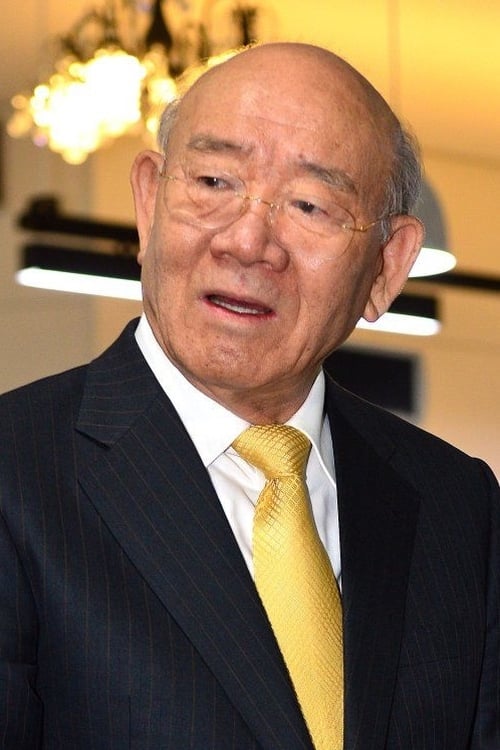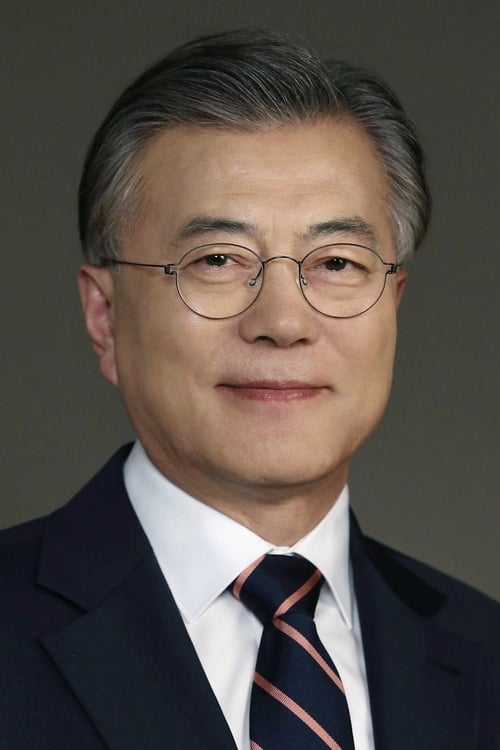Gwangju Video: The Missing (2020)
Gênero : Documentário
Runtime : 0M
Director : Lee Jo-hoon
Sinopse
There are people whose lives have been shaken by the 'Gwangju Video'. On May of 1980, the course of their lives changed in front of a huge wave of truth in Gwangju. The people who made and spread the 'Gwangju Video' are also the people who had their bodies on the waves. The hidden stories of these people, the 40th anniversary of the Gwangju Uprising, and the pursuit to trace the missing 4 hours of mass shooting will be revealed for the first time.
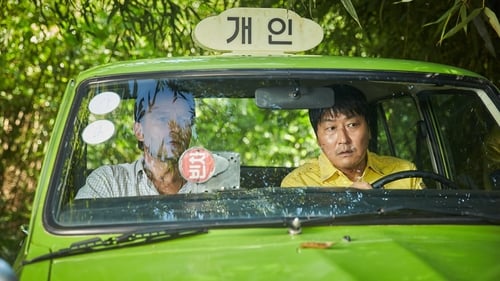
Em 1980, durante a ditadura militar na Coreia do Sul, um humilde taxista de Seul é contratado por um jornalista alemão Jürgen Hinzpeter para levá-lo até a cidade de Gwangju. Ao chegar lá, eles se deparam com o lugar tomado pelo governo militar e com os cidadãos, liderados por um grupo de estudantes, reivindicando liberdade. O que começa com uma simples corrida de táxi se torna uma luta pela sobrevivência em meio à Revolta de Gwangju, em maio de 1980.
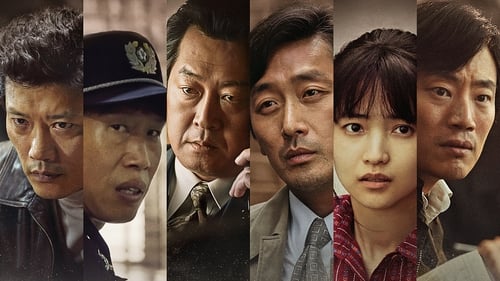
Em 1987, o estudante universitário e membro do movimento pró-democracia Park Jong-chul é preso pela polícia. Ele é então torturado até a morte. A polícia e o governo tentam encobrir o caso de Park Jong-Chul, mas os estudantes de mídia e universitários tentam revelar a verdade.
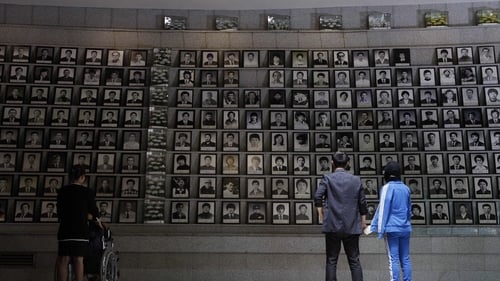
Vinte e seis anos depois do massacre de Gwangju, de 1980, na Coreia do Sul, três parentes das vítimas se unem para se vingar do responsável.
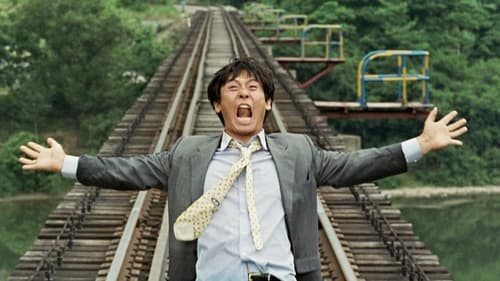
In the spring of 1999, a group of old friends gather to celebrate their 20 year reunion. Among the group is Yeong-ho, a cold, unhappy man, whose demeanor puts a damper on the festivities. The seriousness of Yeong-ho's depression becomes apparent when he climbs a railroad bridge and looks like he might jump. At this crucial moment, memories of seven crucial episodes from Yeong-ho's past flood his mind.
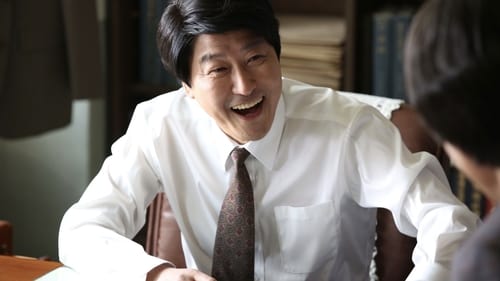
No início dos anos 1980, a Coréia do Sul encontra-se dividida pelos protestos estudantis devido a falta de representação no governo. Woo-Seok Song é um advogado de sucesso em Busan, especializado em direito tributário. Os seus pontos de vista sobre as liberdades civis são alterados pelo ativista estudantil Jin-woo Park. Quando Jin-Woo é brutalmente torturado e julgado pelo seu ativismo, Woo-seok decide defender Jin-woo como seu cliente.

Mobilizados pelo ativista Joshua Wong, cidadãos ocupam as ruas de Hong Kong para preservar sua autonomia da China.
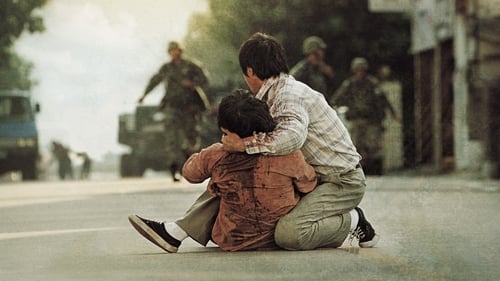
The citizens of Gwangju lead a relatively peaceful life, until one day the military takes over the city, accusing the residents of conspiracy and claiming that they are communist sympathisers preparing a revolution against the current government. Seeing as the soldiers beat defenceless people, mainly students, to death, the citizens are in for retaliation and form a militia.
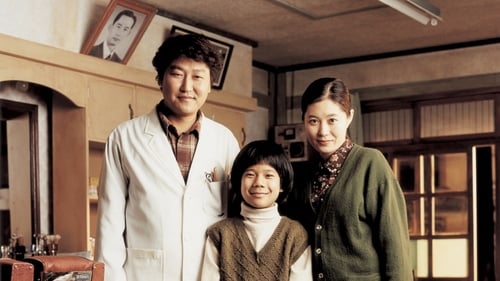
A well-meaning but politically naive barber gets pulled into the inner circle of the South Korean dictator Park Chung-Hee, with rather baleful consequences for his hapless family. This sharp political satire covers roughly twenty years in South Korean political history, from the viewpoint of the barber's son.
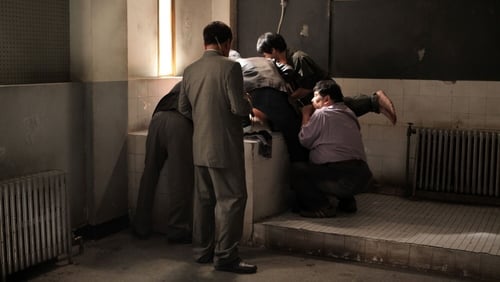
On September 4, 1984, democracy movement leader Kim Jong Tae (Park Won Sang) is arrested and taken to an infamous interrogation facility in Namyeong-dong. For the next 22 days, he would be cruelly and continuously tortured in all manners by interrogators intent on forcing him to confess to communist collaboration.
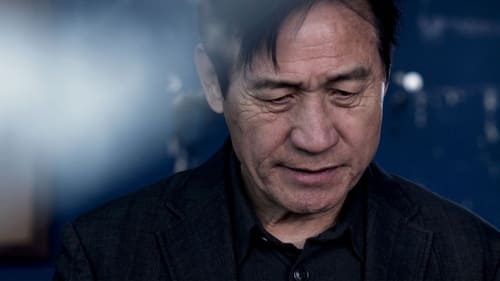
Chae-geun is a driver for hire with manic depression. He often talks to his son who is studying in the States and tells him he would keep his promise. He does a favor by acting as a temporary fiancé of a single woman named Jin-hee, who works as a waitress at a restaurant he frequents. Her father, who was a victim of the Gwangju Uprising in 1980, shows him a gun he stashed away 39 years ago and asks Chae-geun to help him exact revenge on those who were responsible for the May 18 incident.
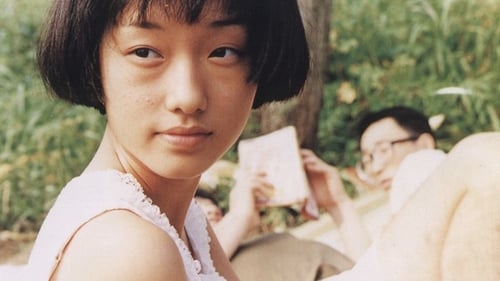
A young girl is caught up in the 1980 Gwangju massacre, where Korean soldiers killed hundreds, if not thousands, of protesters who opposed the country's takeover by the military the year before. Flashbacks show the girl seeing her mother shot to death in the massacre. The film spurred the Korean public to demand the truth behind the incident, and their government eventually opened previously classified files on the massacre.

20 anos após ser dispensado do exército e agora um motorista de escavadora, um ex-paraquedista que tinha sido mobilizado para reprimir a Revolta Democrática na Coreia a 18 de maio de 1980, um dia encontra um crânio no chão. Conduzindo a sua escavadora, ele faz uma visita surpresa os seus ex-superiores, um por um, e apercebesse que eles foram os agressores da vítimas na época.

Blending politics with romance, noted director of “The Housemaid” weaves a story of two activists in hiding in a remote shack. The intimate setting proves to be fertile ground for hidden desires.

In May of 1980, the city is locked down and phone lines are dead because of protests and struggles in demand of democracy. Just when Gwangju was being ignored by the media, Jurgen Hinzpeter, a reporter from Germany, sneaks in despite the danger!
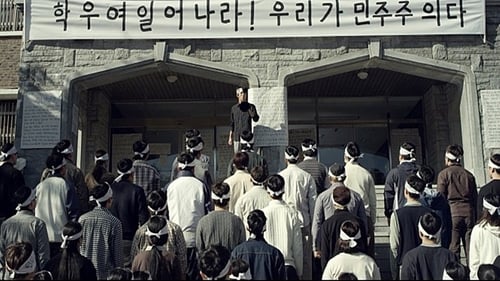
This is the story of a father who died mysteriously in May of 1980, a mother who lives in the shadows with a bullet in her head and not being able to forget May 18th and their daughter, and the nation's greatest comedian, Hee-soo.

Cheol-gi who dreams of a society that embraces justice begins classes at a night school. There he learns about political and social contradictions and the realities the people face. While doing research on factory conditions with his classmates Tae-il, Min-sook and laborers Hyun-sil and Bong-joon, Cheol-gi learns about the Revitalizing Reforms system and the improper practices in emergency measures. After the military revolution, during the election for a general student body in a move towards democracy, Cheol-gi unwittingly becomes a man on the run when emergency martial law is implemented in response by the government. Cheol-gi blames himself when hears about the deaths of Tae-il and Min-sook during the Gwang-ju Uprising from Hyun-sil and Bong-joon. Just when he and Hyun-sil try to start a new life together, Cheol-gi is arrested and put in jail. Inside the prison, he starts another move towards prison democracy.
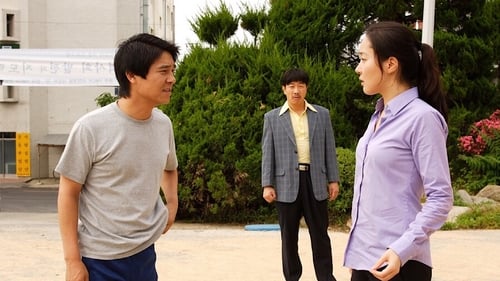
1980, Kwang-ju is fired up about a genius pitcher, a senior in high school. Ho-chang takes confident strides across the field making his way by cutting through the sand dust. He’s a university scouter on a mission. His task is to scout the genius pitcher, SUN Dong-yeul, a master of baseball who may be scouted to a rival university. But he is no where to be seen. But Ho-chang is determined to not let down his reputation as a successful scouter, and his scouting mission of 10 days begin! An original story of a scouter on a 10 day mission full of undisclosed history will now unfold!

This year is the 30th anniversary of the Gwangju Democratization Movement. Though the country commemorates the event as the official historical records, it does not include any 'real' accounts of the people who experienced it firsthand. The students who were part of the movement; the female vendors who made rice balls for the students; the female high school students cooked at the government building; now, past their middle age, they live as ordinary citizens in Gwangju city. How is the event remembered by these people?

The South Korean city of Gwangju, will commemorate the May 18th 1980 uprising in style. They will stage a grand re-enactment of the scenes of the May uprising 25 years earlier, when martial law troops killed civilians, including women and children.
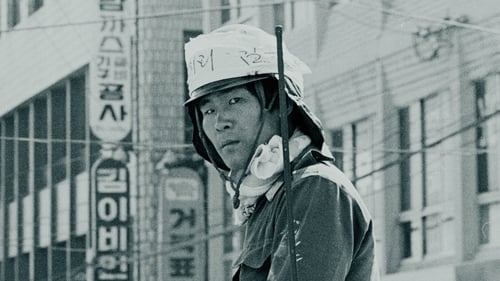
KIM-GUN searches for the whereabouts of a young man whose identity has sparked a national controversy over the 1980 May 18 Gwangju Uprising. Starting with the vague memories of those who had crossed paths with him during that time, the film tracks down those who participated in the Uprising as “Citizen Soldiers.” It also traces KIM’s final steps, based on photographic clues found in the firearms he carried and the “Surveillance Truck No. 10” in which he rode. By identifying KIM-GUN, we believe that we can find valuable leads to resolving the ongoing controversy over May 18. Why did a nameless young man join the Uprising? Why did he take up arms? Where has he gone afterwards? It is the answers to these questions that the film seeks.

